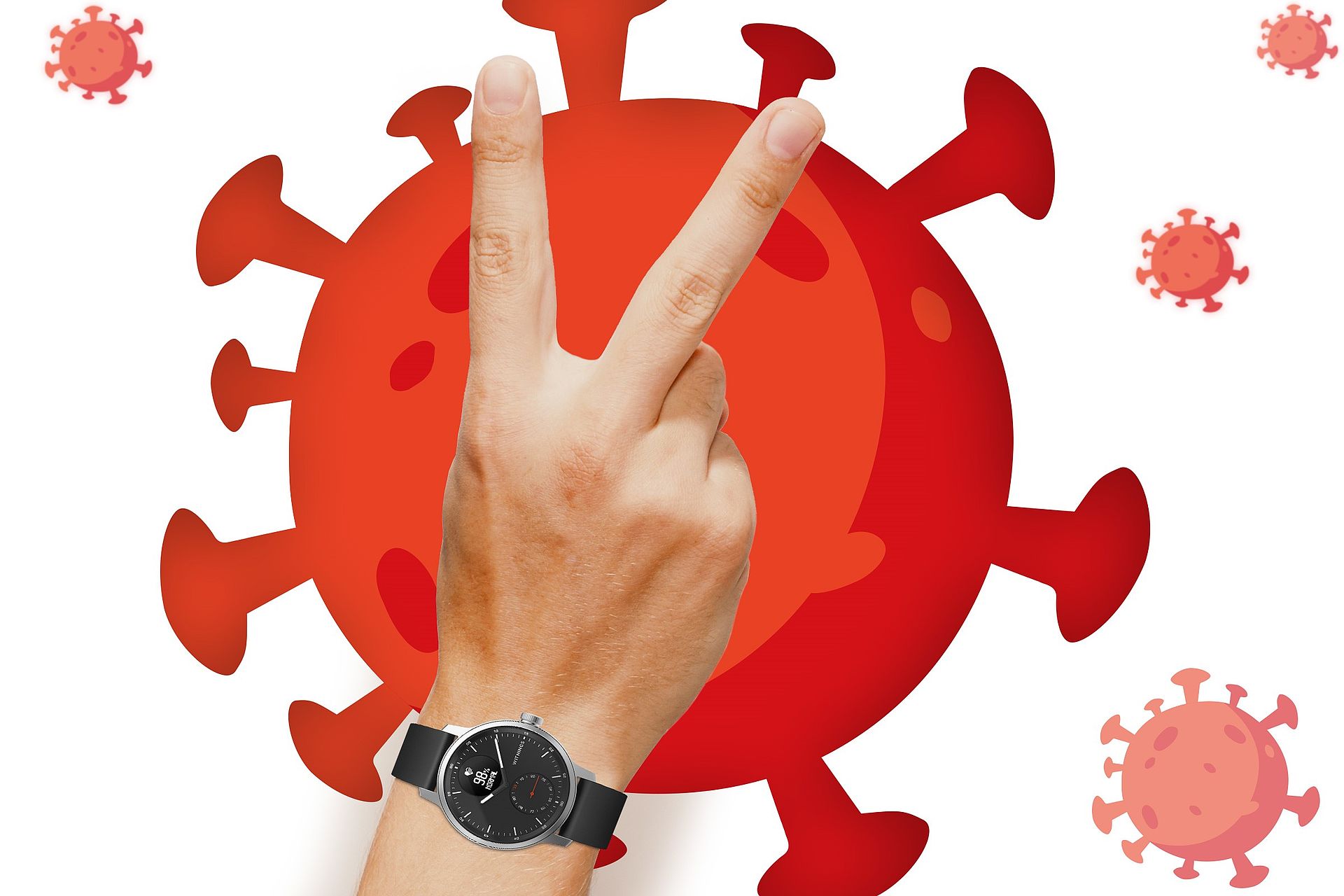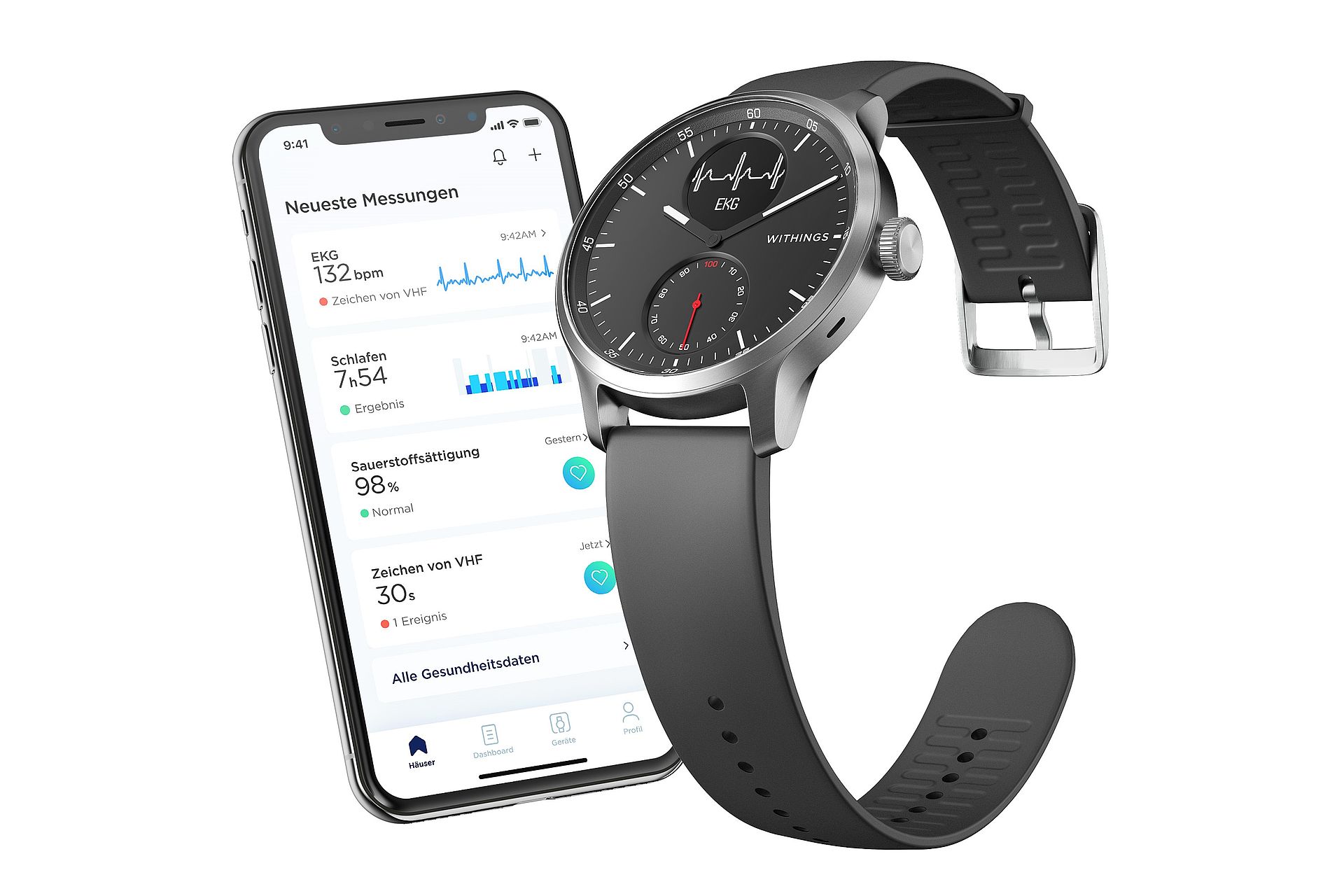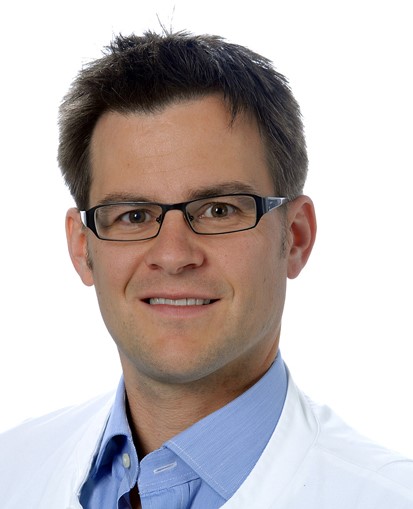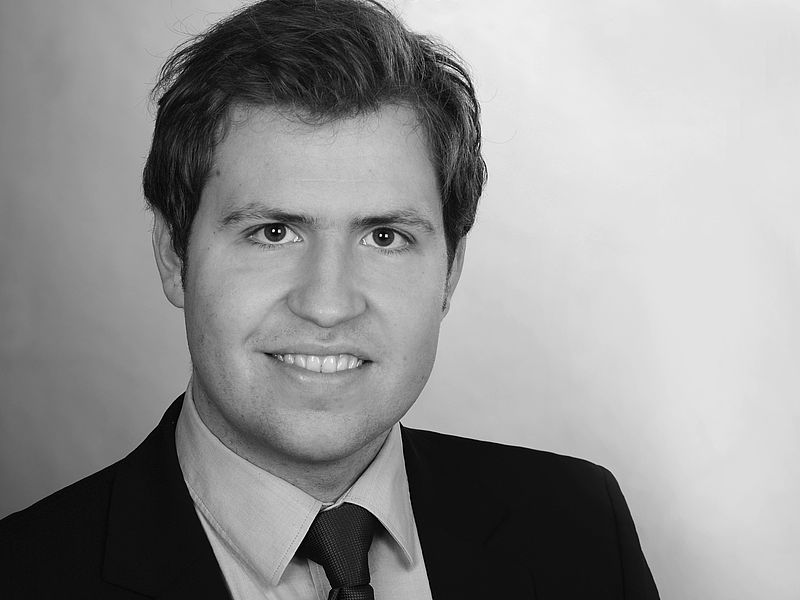When Martina D. (59) learned of her infection in November 2020, she was completely overwhelmed. The investment advisor, who usually has everything under control, felt helpless and insecure. "I was prescribed domestic quarantine and that was it," she recalls. True, she had telephone contact with her family doctor twice a week. But in such an exceptional situation, that was too little for her. That's why she didn't hesitate for long when she heard from the health department that they were looking for participants for a telemedicine study.
In the COVID SMART study, private lecturer Dr. Moritz Sinner from LMU Klinikum München and his team are using a special smartwatch to monitor the vital signs of high-risk patients in quarantine at home. The scientists want to find out whether such a watch can be used to determine the right time for hospitalization or even avoid it.
Patients find it difficult to assess their condition correctly
"It is not easy for those affected to correctly assess their condition," says Dr. Sinner. Some are still quite fit, but their oxygen saturation is already critical. Others feel very ill, but their vital signs are still fine. "With the smartwatch, patients can write an ECG and measure oxygen saturation at the push of a button. The values are transmitted to the hospital's telemedicine center," the cardiologist said. The study team then uses the values to decide together with those affected whether or not they should visit an emergency room.
Because according to Dr. Sinner, it's not only a problem when patients arrive at the hospital too late and their condition may already be dramatic. There can also be downsides if they present unnecessarily or too early: Patients burden themselves by exposing to more pathogens or unnecessary tests. And they burden the health care system by using up scarce resources and potentially infecting others.
Participate: 18 and older and with at least one risk factor
People aged 18 and older from Munich and the surrounding area who are acutely infected with corona and have at least one risk factor for a severe course can participate in the study. These include: Smoking, high blood pressure, coronary heart disease, diabetes, obesity, heart failure and atrial fibrillation. Half of the participants will receive a smartwatch and will have access to the study hotline and be able to call it day or night; the other half will receive care from their primary care physician. Both groups get the best possible care through our healthcare system.
For Martina D., that was the deciding factor. "The study team made me feel safe; I could go to them with any questions." She had a moderately severe course, felt very weak in the meantime and was running out of air. She measured her values three times a day and was able to discuss them with the team whenever she wanted. She did not have to go to the hospital. Today she still sometimes has problems with her condition and breathing. She would participate in a study again and again: "I helped myself and help research to defeat Corona."
The COVID SMART study is funded by the German Center for Cardiovascular Research (DZHK).
All information about the study:
www.covid-smart.de
Study hotline for interested patients:
Tel: 0152 54 84 99 07
E-mail: covid-smart(at)med.uni-muenchen.de
Press contact:
Christine Vollgraf
German Center for Cardiovascular Research e. V. (DZHK)
Tel.: 030 3465 52902
E-mail: christine.vollgraf(at)dzhk.de




